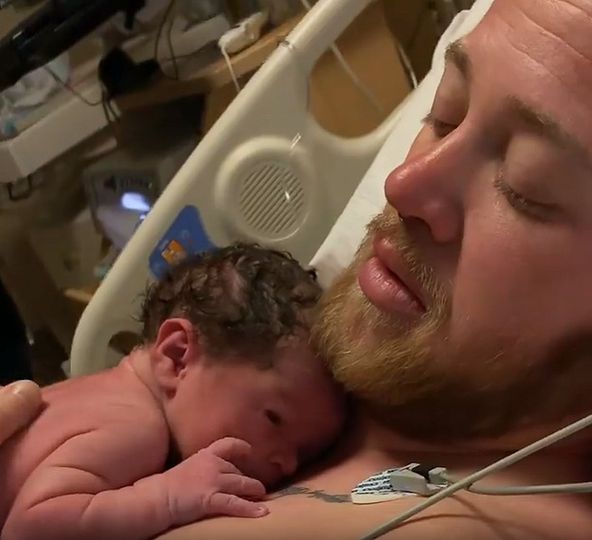Using a person’s preferred name and pronouns is one of the simplest yet most powerful ways to show respect and acknowledge their identity. Whether someone is straight, gay, or transgender, recognizing their chosen identity fosters inclusivity and validation. Unfortunately, not everyone follows this practice, often holding onto outdated norms or disregarding the importance of gender identity.
Bennett Kaspar-Williams, 37, experienced this firsthand when he welcomed his son, Hudson, into the world via cesarean section in October 2020. Supported by his husband, Malik, Kaspar-Williams looked forward to the momentous occasion of becoming a parent. However, despite identifying as male and using he/him pronouns at the time, he faced numerous challenges in the hospital setting.
Hospital staff repeatedly misgendered Kaspar-Williams, referring to him as a mother rather than a father. This misidentification not only contradicted his identity but also highlighted a broader issue in medical spaces—where traditional gender roles are often prioritized over individuals’ lived experiences. Such experiences can be alienating and distressing for transgender and non-binary parents during what should be a joyful time.
Since then, Kaspar-Williams has embraced a non-binary identity and now uses both he/him and they/them pronouns. His experience underscores the importance of gender-inclusive practices in healthcare and beyond. Addressing people correctly isn’t just about words—it’s about dignity, recognition, and respect for who they truly are.
